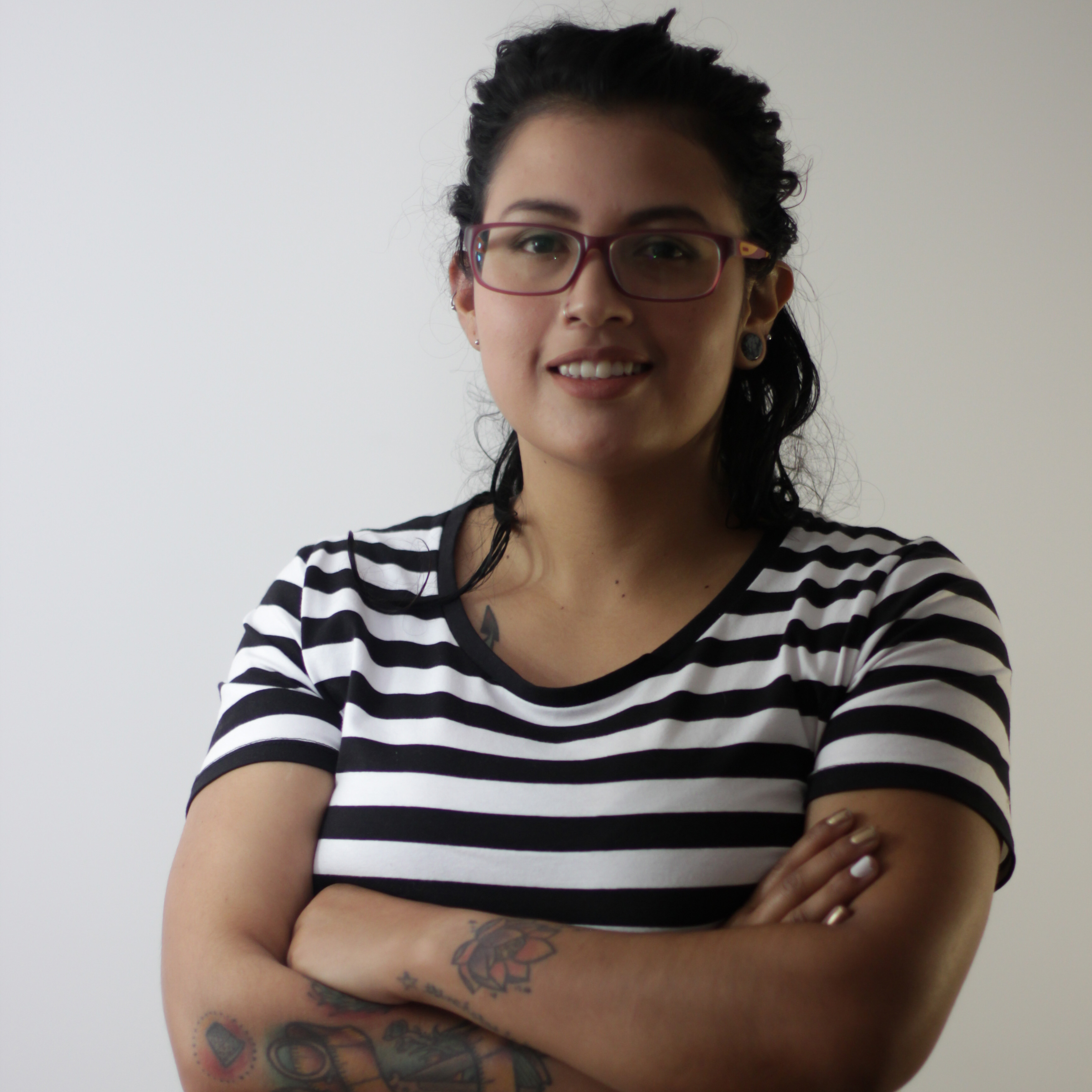
The day we announced our first scholarships with Puce Tech was for me one of the most beautiful days since I arrived at Thoughtworks and certainly since I started working. As a first-generation woman to access fourth-level education, the granddaughter of a peasant who did not finish elementary school and a Latina who has had to prove many times that there is a lot of talent in this little piece of land, I was fully confident that these scholarships would not only change the recipients’ and their families lives, but also those who dream of fairer and more inclusive worlds for all.
What’s special about this scholarship?
Together with PUCE Tech, we created a scholarship focused on supporting people from historically excluded sectors in Ecuador and Chile: gender, socio-economic, indigenous and black people and people with disabilities. Thoughtworks offered four scholarships for two years of studies in the technological institute of PUCE (Pontific University of Ecuador).
The students were carefully selected through DEI and social change lenses. The scholarship covers tuition for a software development degree at a university that creates clear opportunities for a technical career. It also provides students with English classes, a computer and a monthly internet stipend.
All of the scholarship recipients are the first generation in their families to have access to this level of higher education. Why is this important? Because tech careers are typically only open to those with a level of privilege that affords them access to computers (usually from an early age), internet and higher education. We strongly believe that tech should be created and imagined by a cross-section of people with all skills and backgrounds, so it’s important to create opportunities where they may not exist.
Access to education should be a social right. To achieve this we must also take a structural approach and we urge public policies to guarantee universal access and optimal conditions for all people. We see this scholarship as a grain of sand we can contribute from our field and invite people to dream of the technological future from across all of Latin America. We also hope that this approach will inspire others to do the same and together take small steps towards reducing the technological gap.

The process we followed
Applicants were asked to complete a form and write a letter so that we had information and some insight into the impact this opportunity would have on each applicant. After receiving the applications, reading their letters, dreams and all the beautiful things that they could tell us in the application form, we got to work and reviewed the applications one by one. It was hard and emotional work; I would have liked to be able to give scholarships to every one of them.
Socioeconomic criteria were the foundation of our selection process: we started with those who did not have a third-level education in their families or where incomes were even lower than a Unified Basic Salary.
Then we added gender lenses, nationalities, people with disabilities and some other logistic criteria (study is face-to-face and in Quito, so those who were outside were consulted if they could move to Quito, for example). After this process, in a completely anonymous way, volunteers from the office read the letters to learn a little more about each applicant and used a scoring system to help us select those who were awarded the scholarships, which we call ‘Luisa Gómez de la Torre’.
I want to especially thank allied institutions like PUCE TEC, Conectadxs, Openlab, Fe y Alegría, that were part of the dissemination and have been part of the dream. I also thank my leadership team colleagues, who did not hesitate for a second to support this dream, were an integral part of the process.
Disclaimer: The statements and opinions expressed in this article are those of the author(s) and do not necessarily reflect the positions of Thoughtworks.


















